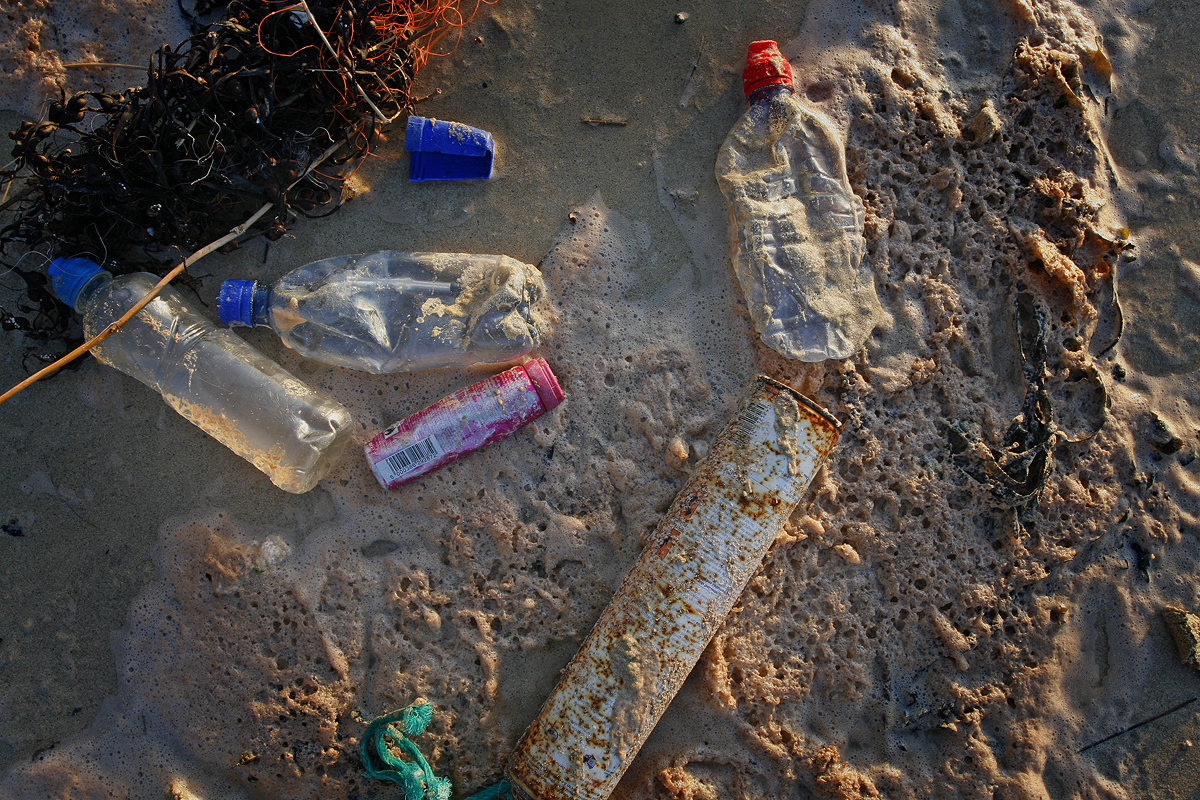
Plastic gets political
Elections get the sewage treatment – Sorry’s not good enough – Plastic gets Political
It’s been a whirlwind of a month for SAS. Read on to find out some of the key moments from May from our Policy and Research Manager, Henry Swithinbank.
Local elections get the sewage treatment:
The English local elections took centre stage at the start of the month and with sewage pollution such an important local issue to voters up and down the country. Sewage quickly became a key campaigning issue for all of the parties. We saw parties adopting some of Surfers Against Sewage’s own calls, with Labour campaigning for a 90% reduction in sewage pollution by 2030, and the Lib Dems demanding a ban on water company executive bonus. Similarly, we saw the incumbent Conservative Government also emphasise their record on improving monitoring of sewage pollution.
Regardless of whether you were able to vote in your area, which way you voted, or who won locally, this in itself was a massive result for the ocean. Showing that after years of political, public and media debate, the issue of sewage pollution is not going away. If your local councillor stood on a platform to clean up your local river or beach, you now have the power to hold them accountable.
With a UK General Election quickly approaching next year, we have every intention of making sure that those national elections get the same sewage treatment. SAS HQ are working behind the scenes to make sure sewage ends up in national manifestos and preparing tools that will help you to influence the elections where you live. Stay tuned for more…
Sorry is not good enough:
Water companies in England, after decades of pollution, finally held up their hands and apologised for the damage they have caused to the environment. It would seem like a welcome move, but after some digging it quickly unravels into a hasty PR exercise.
Water companies promised a £10bn investment, but it turns out to be a bill that we, the customer, would have to pay for. They announced plans to cut the number of overflow incidents by 140,000 each year by 2030, compared with 2020, but that’s not even a 50% cut. And their ‘new’ plans to increase transparency through a national data hub was just a recycled legal obligation. So, it was little surprise, a few days after the announcement, people from all nations, regions, backgrounds and political tribes turned out in the biggest ever mass paddle out to demand water companies cut the crap.
We’re using the momentum created by the paddle out and our ongoing petition to strengthen our conversations with regulators. This is to ensure their plans to link water company bonusses and dividends to environmental performance have the teeth they need to actually work.
Spotlight on Scotland:
Whilst the sewage apology was kicking off in England, North of the border the previously unknown Scottish Sewage Scandal was only just being brought to light. Our friends over at the Marine Conservation Society revealed that less than 4% of Sewage Overflows in Scotland are monitored. Meaning we have no idea what’s coming out of 96% of the other pipes. This is scandalous and is why communities in Scotland joined the mass paddle out too to demand transparency from Scottish Water and the Scottish parliament. Sewage pollution has been swept under the carpet in Scotland for too long and we won’t be letting that happen again. (Wales & Northern Ireland, don’t worry, we’ll be coming for you too!)
Plastics gets political
This month was another big month in the ongoing saga of Deposit Return Schemes. That’s the scheme where you pay an extra 20p for a bottle or can, but you get that money back when you return it to the shop to be reused or recycled. And yes, that’s the same scheme the UK Government committed to in 2018, and the one we have been campaigning for since 2016.
Whilst the whole of the UK has now committed to introducing some kind of Deposit Return Scheme, Scotland had been set to lead the charge with a scheme coming in first. But thanks to lobbying from big manufacturers, and interference from UK ministers, the urgently needed Scottish Deposit Return Scheme is on the rocks.
After delaying and delaying, the UK government have only just given Scotland the go ahead for their scheme. Whilst this may appear to be good news, you guessed it, there’s a catch. The UK government are now forcing Scotland to drop the inclusion of glass in their scheme, in order to make it consistent with the far less ambitious scheme planned for England and NI. This is a terrible decision on so many levels, but crucially during a cost of living crisis there is an added £2.3bn benefit to the economy if glass was to be included. Right now we’d welcome that extra couple of billion in the economy, let alone the initiative to keep broken glass out of our streets, beaches and parks.
If Deposit Return Schemes are going to work effectively they must include glass, and they must be rolled out asap. The longer the delay, the more pollution we’ll end up with. We are busy compiling all the data ocean activists have been collecting from around the UK into our Brand Audit. Then we’ll be throwing this firmly onto Ministers desks to show that Deposit Return Schemes are needed now, and they need to include glass.
